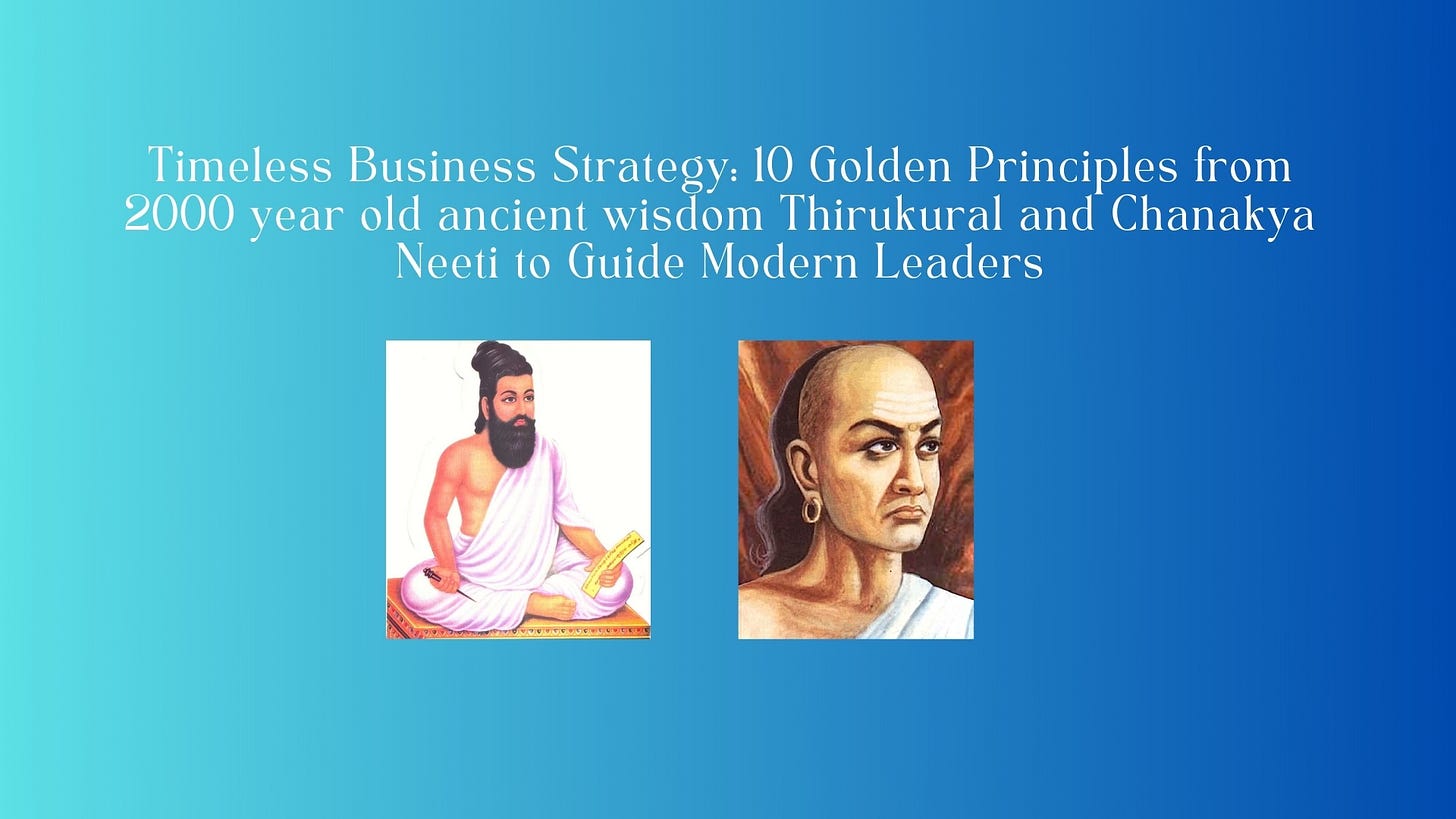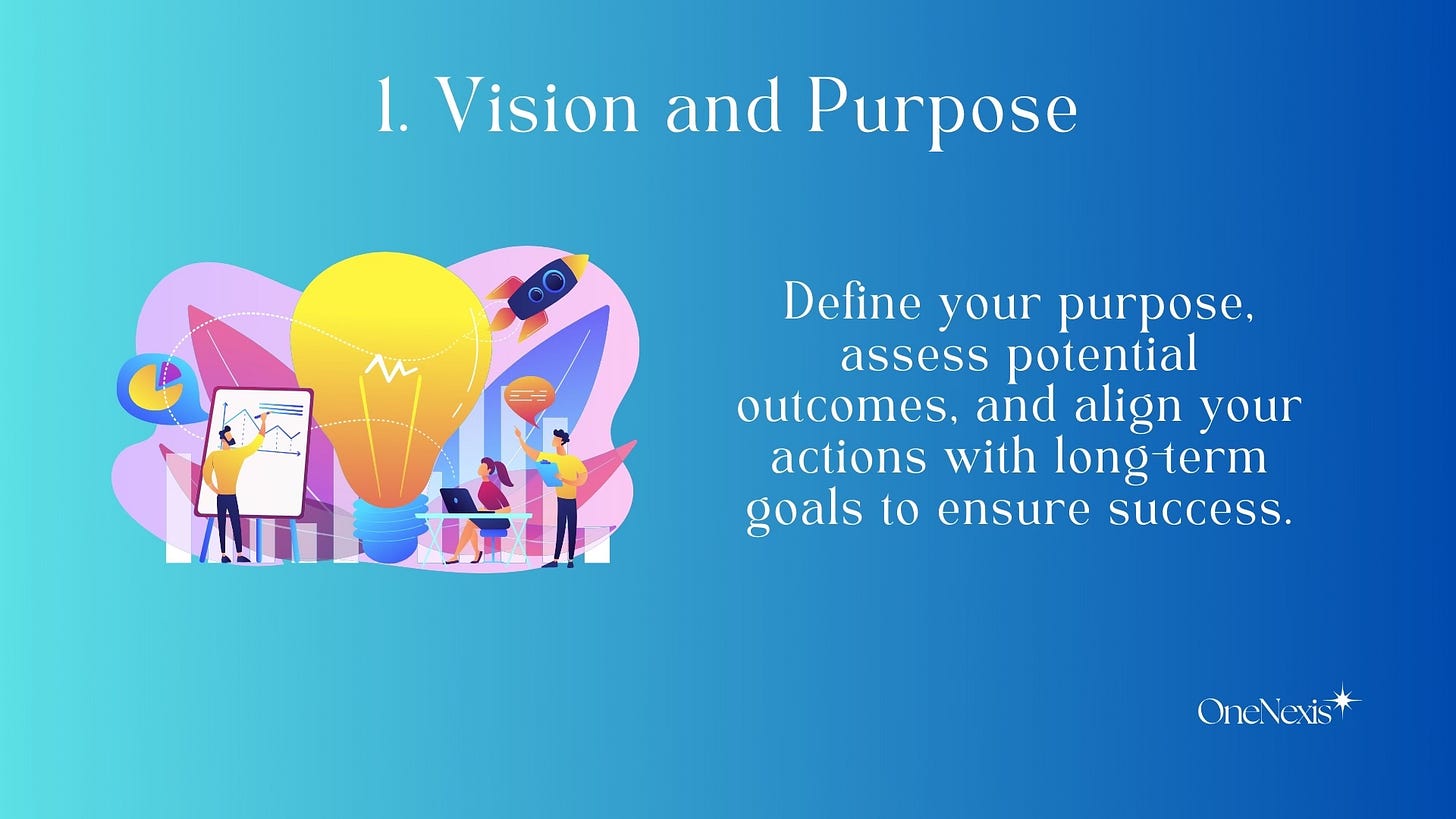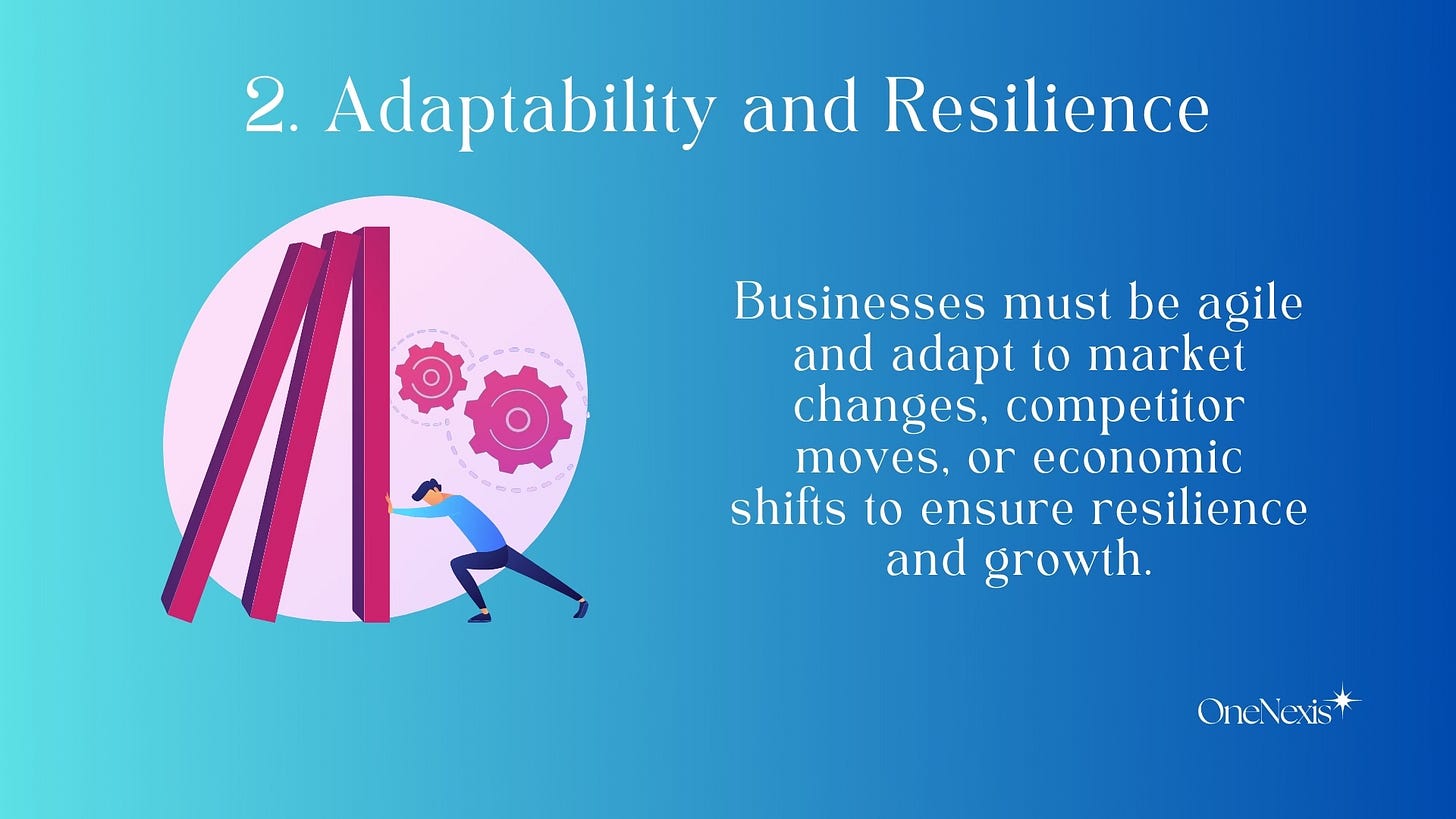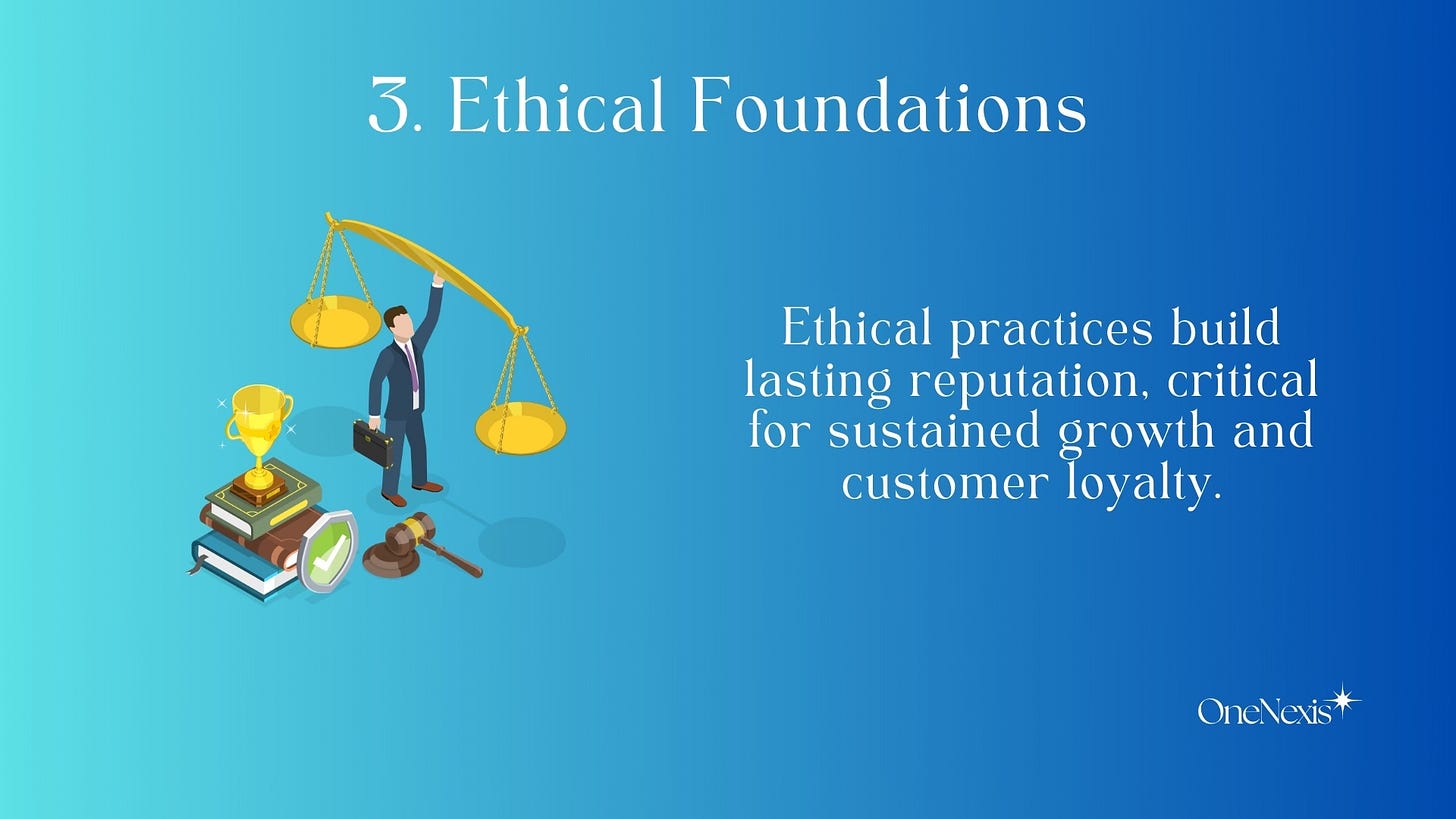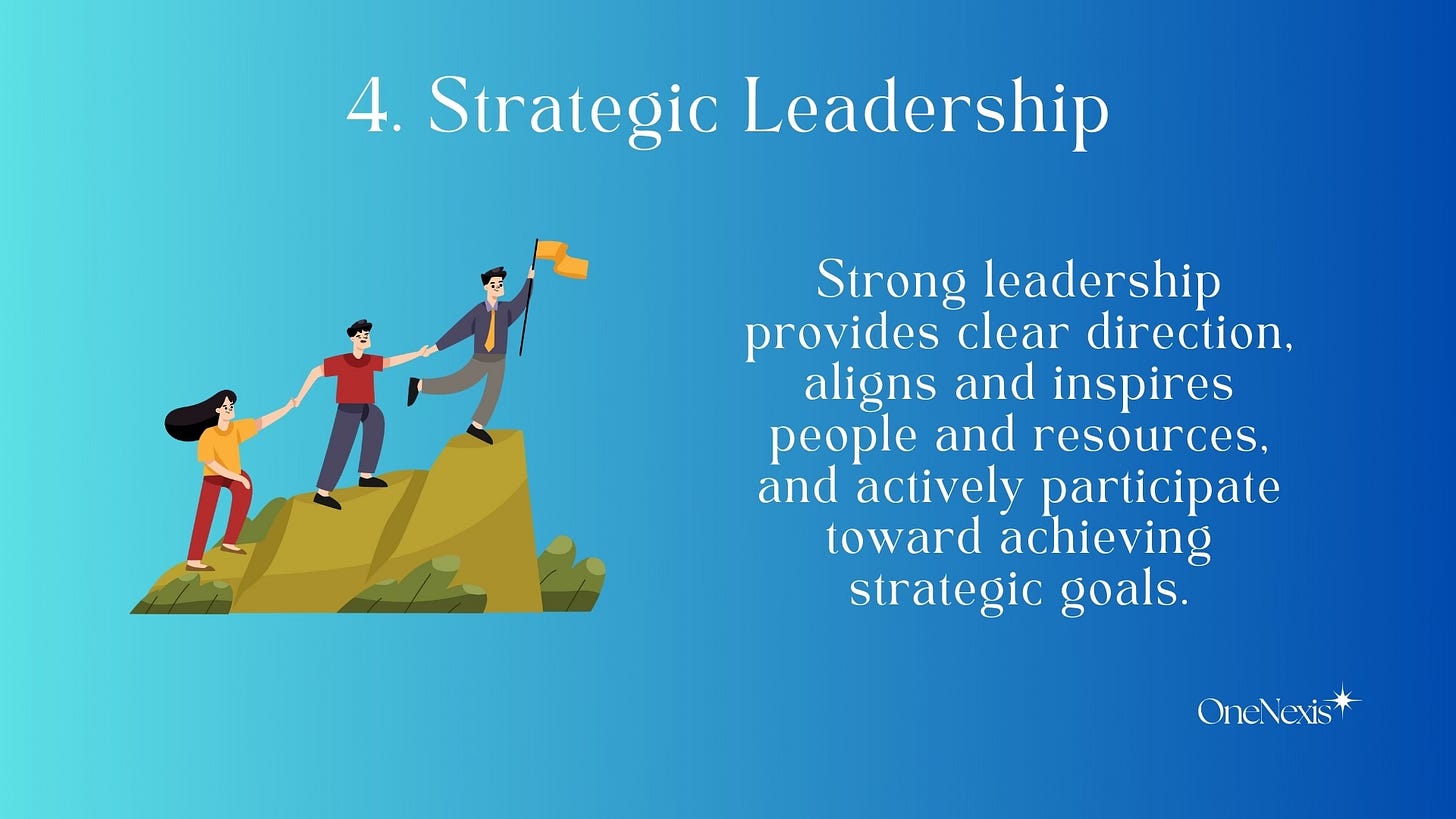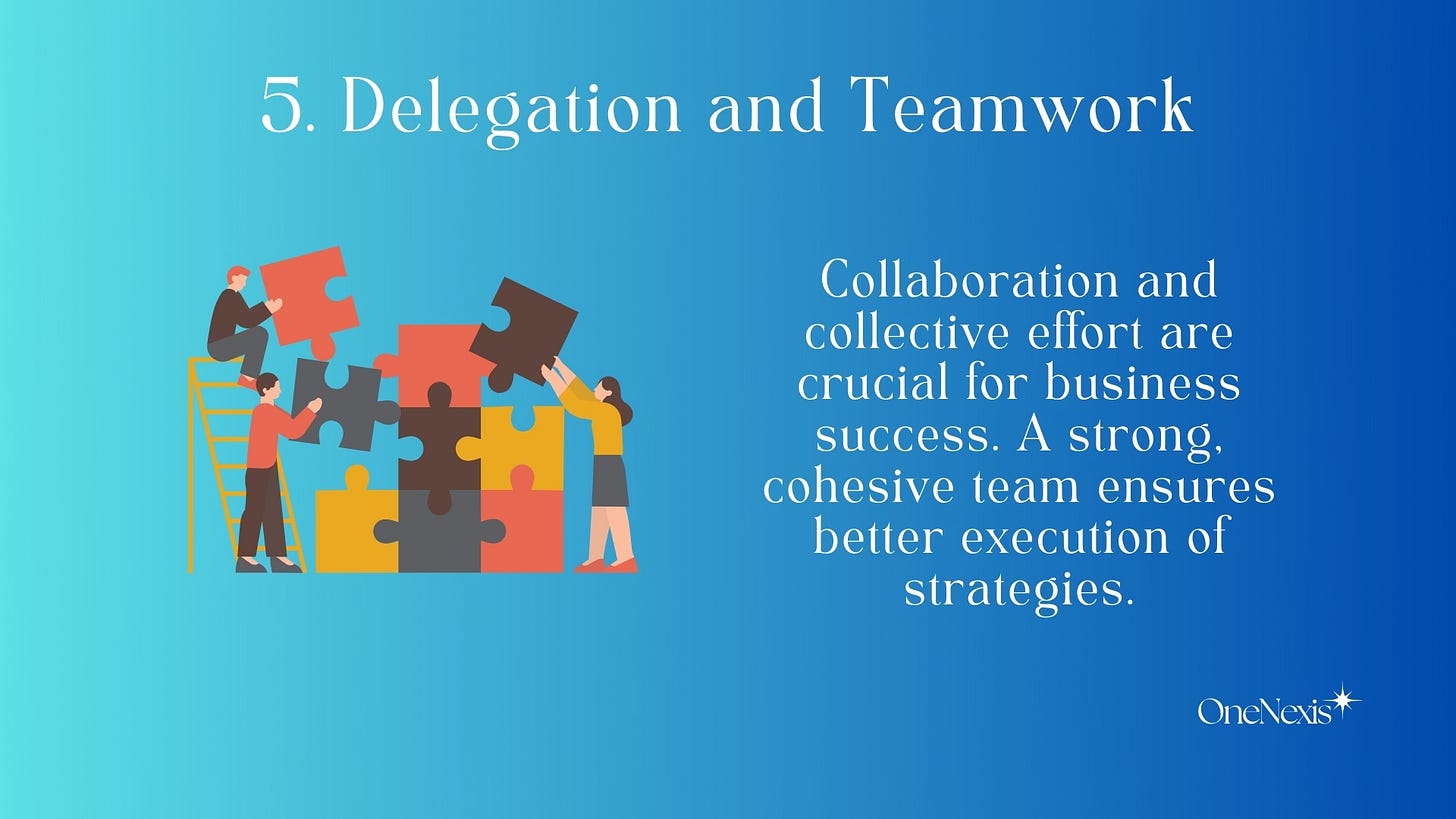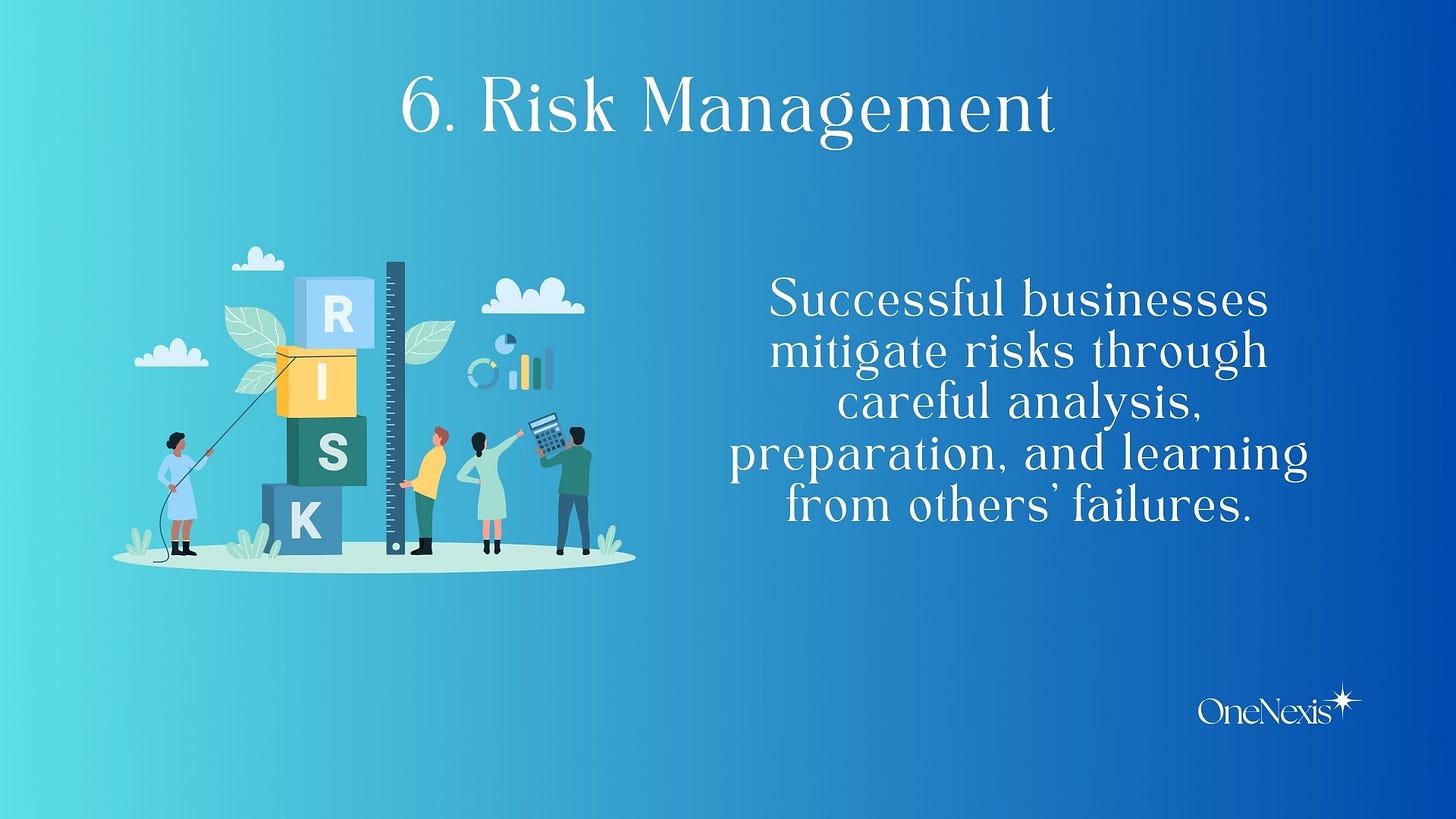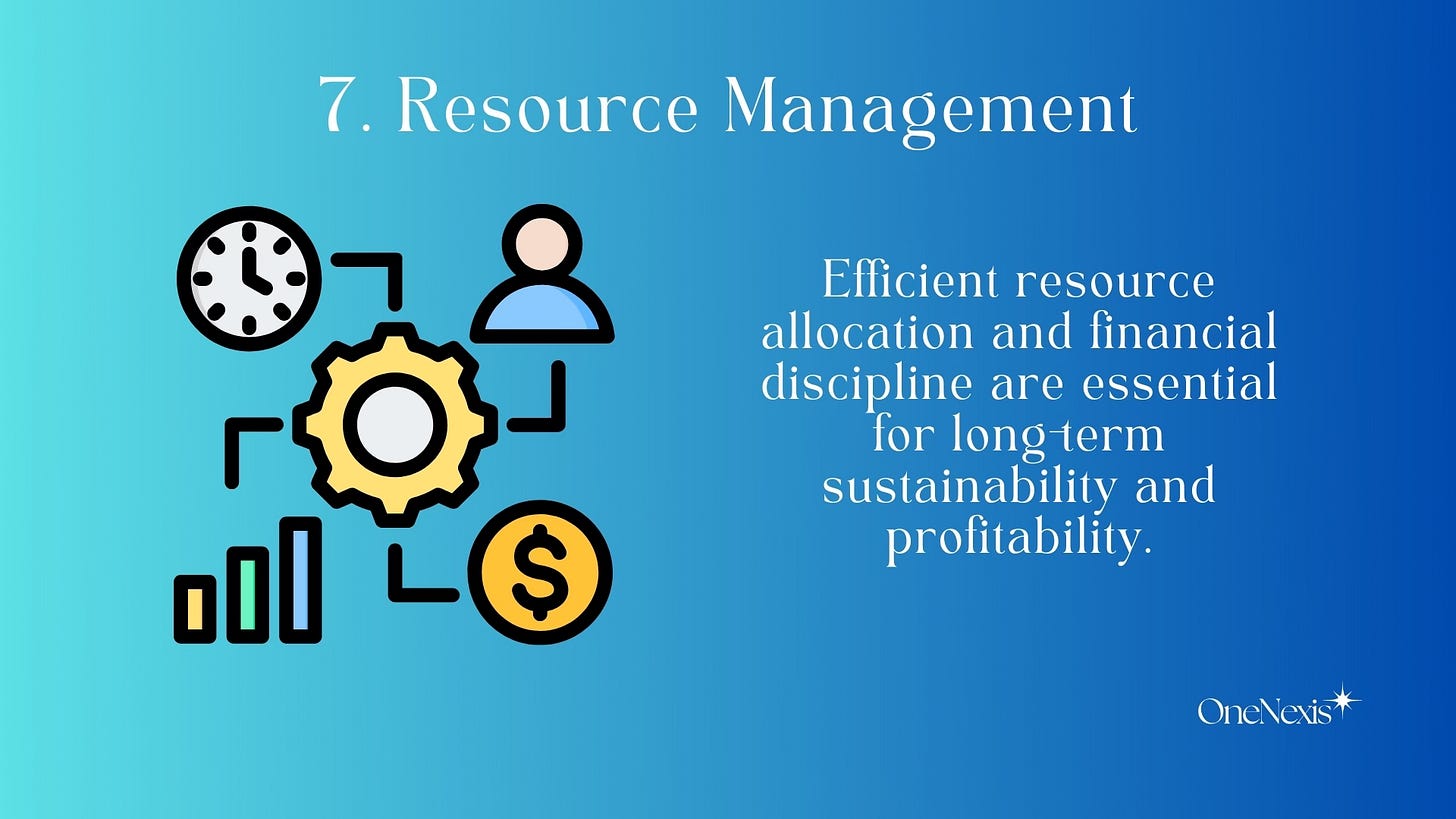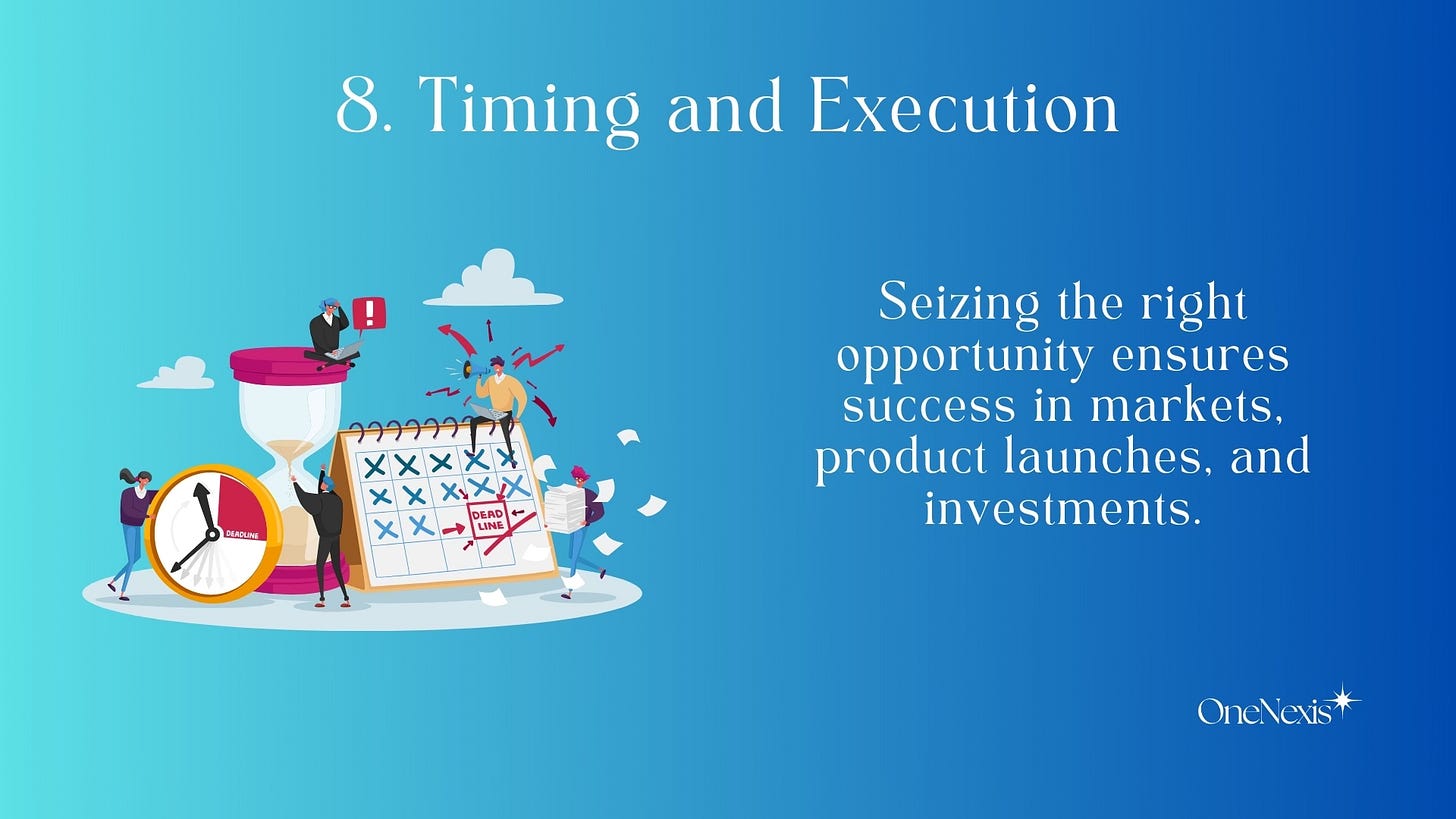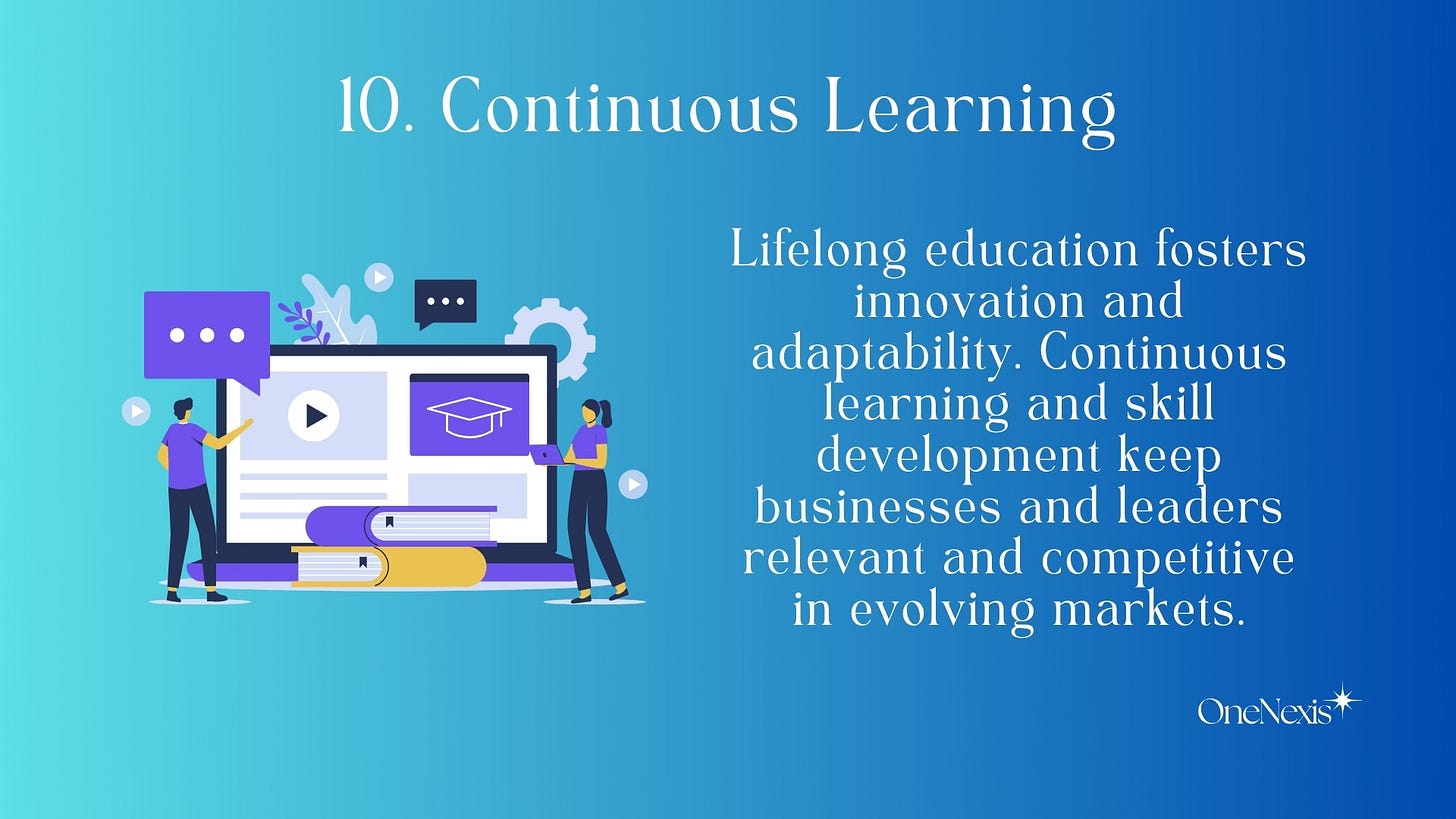What if I told you the secrets to build lasting business strategy were written over 2000 years ago? Timeless 10 golden principles for modern leaders.
Discover the timeless business strategy, 10 principles from Thirukkural and Chanakya Neeti. Uncover how ancient wisdom guides modern leaders to build enduring success in today's tech-driven world.
What if the secret to unshakable business success isn't buried in modern textbooks or AI algorithms, but in ancient wisdom written over 2000 years ago?
Timeless Business Strategy: 10 Golden Principles from 2000 year old ancient wisdom Thirukkural and Chanakya Neeti to Guide Modern Leaders
In today’s fast paced, technology-driven world, businesses are often caught chasing the latest trends such as Artificial Intelligence, Machine Learning, Digital Marketing, and Agile Frameworks. While these tools revolutionize how we operate, the essence of business strategy remains rooted in timeless principles that transcend tools and techniques.
Ancient texts like Thirukkural by the Tamil poet Thiruvalluvar and Chanakya Neeti by the renowned Indian Strategist Chanakya offer profound insights into leadership, ethics, adaptability, and success. These teachings, crafted centuries ago, though centuries apart, converges on universal truths that still hold the key to navigating challenges in the modern business landscape.
In this article, I present 10 golden principles of business strategy inspired by these texts, showcasing how their wisdom forms the foundation for success, regardless of technological advancements.
Whether you’re a startup founder, a seasoned executive, or an emerging leader, these principles will guide you in building strategies that withstand the test of time, unshaken by advancements in technology or business practices.
10 golden principles of business strategy
1. Vision and Purpose
Thirukkural (Kural 461):
Tamil (English):
“அகரமொழி யாதென அறிந்தற்கறி யாற்செய்து ஒல்லும்வாய் மேற்கொள் பவர்க்கு.”
(Agar mozhi yaadana arindhar kariyaar seithu Ollum vaai meerkol pavar.)
Translation:
"The action planned without flaws, and executed with care, Never fails to succeed everywhere."
Chanakya Neeti:
Sanskrit (English):
"प्रारम्भे किमर्थं करोमि? किम् फलं भविष्यति? सफलं वा?" ( Prārambhe kimarthaṃ karomi? Kim phalaṃ bhaviṣyati? Saphalaṃ vā?)
Translation:
"Before you start any work, ask yourself three questions: Why am I doing it? What might the results be? Will I be successful?"
Modern Application:
A successful business strategy begins with a clear vision and meticulous planning. Define your purpose, assess potential outcomes, and align your actions with long-term goals to ensure success. Meticulous Planning and flawless executions are the cornerstone of strategic success.
2. Adaptability and Resilience
Thirukkural (Kural 483):
Tamil (English):
“காலமறிந்து செய்வானை அல்லால் சாலமறிந்தும் செயல்.”
(Kaalam arindhu seivaanai allaal Saalam arindhum seyal.)
Translation:
"Who sees the fitting time, and acts; his efforts all Will by unfailing energy succeed and prosper well."
Chanakya Neeti:
Sanskrit (English):
"वृक्षः जो वायु से झुकता है, वह तूफान में बचता है। जो कठोर है, उखड़ जाता है।" (Vṛkṣaḥ jo vāyu se jhuktā hai, vah tūfān meṃ bachtā hai. Jo kaṭhora hai, ukhāḍ jāta hai.)
Translation:
"A tree that bends during a storm survives, but a rigid one is uprooted."
Modern Application:
Seizing the right opportunity ensures success in markets, product launches, and investments. Businesses must be agile and adapt to market changes, competitor moves, or economic shifts to ensure resilience and growth. Adaptability to changing circumstances is critical. Whether it's pivoting a business model or responding to market dynamics, agility ensures survival and growth.
3. Ethical Foundations
Thirukkural (Kural 120):
Tamil (English):
“தவமறவின் நீத்தாரின் தூய்மை நிலமறவின் நீங்கிய சார்பு.”
(Thavam aravin neeththaarin thooymai Nilam aravin neengiyaa saarbu.)
Translation:
"Prosperity will abide only with those who hold. Their wealth untainted by fraud or falsehood."
Chanakya Neeti:
Sanskrit (English):
"अनैतिक मार्ग दीर्घकालीन सफलता नहीं दे सकता।" (Anaitika mārg dīrghakālīna safalatā nahiṃ de sakta.)
Translation:
"An unethical path may provide temporary success, but it leads to destruction in the long run."
Modern Application:
Ethics and integrity build trust, which is the cornerstone of sustained success. Customers, employees, and stakeholders gravitate toward businesses that operate with honesty and transparency. Ethical practices build lasting reputation, critical for sustained growth and customer loyalty.
4. Strategic Leadership
Thirukkural (Kural 517):
Tamil (English):
“ஆள்வினையான் அடங்கியான் தோன்றல் புல்லியர் பட்டடங்கல்.”
(Aalvinaiyaan adangiyaan thoondral. Pulliyar pattadangkal.)
Translation:
"A leader should guide and guard like a staff; Without a leader, the team crumbles fast."
Chanakya Neeti:
Sanskrit (English):
"नेता वह होता है जो मार्ग जानता है, दिखाता है और खुद चलता है।" (Netā vah hotā hai jo mārg jānatā hai, dikhātā hai aur khud chaltā hai.)
Translation:
"A leader is one who knows the way, shows the way, and goes the way."
Modern Application:
Leadership is about inspiring teams, making decisive actions, and navigating challenges with vision. Strong leadership provides clear direction, aligns and inspires people and resources, and actively participate toward achieving strategic goals. Visionary leadership with strategic skills is crucial to ensure organizational growth.
5. Delegation and Teamwork
Thirukkural (Kural 518):
Tamil (English):
“சிறியார் அறுவாய் அளக்கின்றார் போலும் மறியாச் செய்மானம் செய்து.”
(Siriyār aṛuvāy aḷakkiṉṟār pōlum Maṟiyāc ceymāṉam ceythu.)
Translation:
"He seeks no aid who, taught to reign, Can by his own resources gain."
Chanakya Neeti:
Sanskrit (English):
"एक पहिया गाड़ी नहीं चला सकता; सफलता टीम वर्क पर निर्भर करती है।" (Ek pahiyā gāḍī nahīṃ calā saktā; safalatā team work par nirbhar kartī hai.)
Translation:
"A single wheel does not move the cart. Success depends on teamwork."
Modern Application:
Effective leaders delegate responsibilities and empower teams to execute strategies collaboratively. Collaboration and resourcefulness are essential for scaling and efficiency. Effective leaders distribute tasks wisely, utilizing team strengths to achieve success. Collaboration and collective effort are crucial for business success. A strong, cohesive team ensures better execution of strategies.
6. Risk Management
Thirukkural (Kural 492):
Tamil (English):
“குற்றமே குத்தமற நின்ற பயன்கொடு பற்றுநிறை வைத்தார் பொருள்.”
(Kutramē kuttamaṟa ninṟa payaṉkoṭu Paṟṟuniṟai vaittār poruḷ.)
Translation:
"Examine well, and then decide; To hasten may bring woes untried."
Chanakya Neeti:
Sanskrit (English):
"अन्य की गलतियों से सीखें। खुद की गलतियों से सीखने के लिए जीवन छोटा है।" (Anya kī galtiyon se seekhein. Khud kī galtiyon se seekhne ke lie jīvan choṭā hai.)
Translation:
"Learn from the mistakes of others. You can’t live long enough to make them all yourself."
Modern Application:
Successful businesses mitigate risks through careful analysis, preparation, and learning from others’ failures. Avoid impulsive decisions by thoroughly evaluating potential outcomes. Sound decision-making avoids unnecessary risks. Evaluate thoroughly before acting. Analyze competitors' and peers' failures to avoid similar pitfalls. Proactive learning minimizes risks and accelerates success.
7. Resource Management
Thirukkural (Kural 497):
Tamil (English):
“செறிவுறச்சொல்லிப் பிறர்க்கிவ்வுயிர் நீர்விட்டு அறிவொடும் செய்தல் இனிது.”
(Ceṟivuṟaccollip piṟaṟkivvuyir nīrviṭṭu Aṟivōṭum ceytal iniṟu.)
Translation:
"Gather your wealth, but avoid wrong ways; For wealth amassed without harm gives endless praise."
Chanakya Neeti:
Sanskrit (English):
"धन को सावधानी से प्रबंधित न किया जाए तो वह समाप्त हो सकता है।" (Dhan ko sāvdhānī se prabandhit na kiyā jāe to vah samāpt ho saktā hai.)
Translation:
"Wealth, if not managed properly, will slip away, just like water leaking out of an unbaked clay pot."
Modern Application:
Efficient resource allocation and ethical wealth creation are vital for sustainable growth. Poor financial management can undermine even the most innovative businesses. Efficient and ethical resource management builds goodwill and profitability. Efficient resource allocation and financial discipline are essential for long-term sustainability and profitability.
8. Timing and Execution
Thirukkural (Kural 483):
Tamil (English):
“காலமறிந்து கற்றவொருவன் பொறுத்தான் சாலமறிந்துஅன் பயன்.”
( Kālamarintu kaṟṟavoruvan poṟuttān Sālamarintu anpayaṉ.)
Translation:
"Timely action brings success; delay is the seed of distress."
Chanakya Neeti:
Sanskrit (English):
"समय कभी किसी की प्रतीक्षा नहीं करता। अवसर का तुरंत उपयोग करें।" (Samay kabhī kisī kī pratīkṣā nahīṃ kartā. Avasar kā turant upayog karein.)
Translation:
"Don’t delay in seizing an opportunity; time never waits for anyone."
Modern Application:
Timing is everything in strategy. The ability to act swiftly and decisively at the right moment often determines success. Seizing the right opportunity ensures success in markets, product launches, and investments. Act swiftly on market opportunities to gain a competitive edge, as delaying decisions may result in lost advantages.
9. Building Alliances
Thirukkural (Kural 530):
Tamil (English):
“சிறியதொன் றாயினும் செற்றார்க்கு காப்பாகும் பெரியதொன் றுற்றது காப்பு.”
(Ciriya doṉṟāyiṉum ceṟṟārkku kāppāgum Periyadoṉṟuṟṟatu kāppu.)
Translation:
"United effort yields success; Just as connected stones form a fortress."
Chanakya Neeti:
Sanskrit (English):
"छोटी-छोटी चीजें मिलकर एक बड़ी शक्ति बना सकती हैं।" (Choṭī-choṭī cīze milkar ek baṛī śakti banā saktī hain.)
Translation:
"Even a small thorn can remove a big thorn. A weaker ally, if loyal, can help defeat a stronger enemy."
Modern Application:
Collaboration and alliances unlock opportunities and build resilience. Whether forming partnerships with startups or leveraging industry networks, working together amplifies strengths. Strategic alliances, even with smaller partners, can create synergies that help in tackling larger challenges or competitors.
10. Continuous Learning
Thirukkural (Kural 391):
Tamil (English):
“எல்லா அறிவும் அறிந்தவை மாணாக்காள் தெள்ளிய கண்ணும் தனியே.”
(Ellā aṟivum aṟintavai māṇākkāḷ Teḷḷiya kaṇṇum taṉiyē.)
Translation:
"Learning is the true wealth; it never diminishes; It grows and grants the greatest riches."
Chanakya Neeti:
Sanskrit (English):
"शिक्षा सबसे अच्छा मित्र है। यह हर जगह सम्मान दिलाती है।" (Śikṣā sabse acchā mitra hai. Yah har jagah sam'mān dilātī hai.)
Translation:
"Education is your best friend. An educated person is respected everywhere."
Modern Application:
Continuous learning and skill development keep businesses competitive in an evolving market. Lifelong education fosters innovation and adaptability. Continuous learning and skill development keep businesses and leaders relevant and competitive in evolving markets.
Key Highlights
Vision and Purpose: Start with clarity—define your "why" and align actions to long-term goals.
Adaptability: Embrace change. The ability to pivot ensures survival and growth.
Ethical Foundations: Build trust through integrity—it’s a business’s greatest asset.
Strategic Leadership: Inspire and guide with a vision that aligns people and resources.
Delegation and Teamwork: Empower teams to execute strategies collaboratively.
Risk Management: Learn from failures—yours and others’. Evaluate risks before acting.
Resource Management: Use resources wisely and ethically to sustain growth.
Timing and Execution: Act swiftly at the right moment—success often depends on timing.
Building Alliances: Forge partnerships to amplify strengths and address weaknesses.
Continuous Learning: Stay curious, adapt, and never stop learning.
What is Thirukkural?
The Thirukkural is a timeless literary masterpiece written by Thiruvalluvar, a Tamil poet and philosopher from ancient India. This collection of 1330 couplets, or kurals, is revered for its universal wisdom and covers diverse aspects of life, including ethics, governance, relationships, and wealth management.
The 1330 kurals are divided into 133 sections of 10 couplets each. The first 38 sections are on moral and cosmic order (Tamil: aram, Sanskrit: dharma), the next 70 are about political and economic matters (Tamil: porul, Sanskrit: artha), and the remaining 25 are about pleasure (Tamil: inbam, Sanskritt: kama).
Often referred to as the “Universal Code of Ethics,” the Thirukkural transcends cultural and geographical boundaries with its succinct yet profound teachings. Each couplet consists of just two lines, yet encapsulates deep insights applicable to personal, societal, and professional life. Written over 2,000 years ago, its principles are remarkably relevant even in today’s fast-paced and interconnected world.
For businesses, the Thirukkural offers enduring lessons on leadership, planning, resource management, and ethics, making it a source of strategic guidance that stands the test of time.
Read more:
What is Chanakya Neeti?
Chanakya Neeti is a compilation of political and economic strategies, ethical guidelines, and life lessons authored by Chanakya (also known as Kautilya or Vishnugupta), a renowned scholar from ancient India. Chanakya was a statesman and advisor to Emperor Chandragupta Maurya, and he is credited with laying the foundation of the Mauryan Empire through his astute strategies and governance principles.
Often regarded as India’s Machiavelli, Chanakya’s teachings, outlined in Chanakya Neeti and Arthashastra, emphasize practical wisdom, foresight, and realpolitik. His work provides valuable insights into leadership, decision-making, resource allocation, and diplomacy.
For businesses, Chanakya Neeti offers strategies to navigate challenges, manage risks, build alliances, and foster sustainable success. Despite being written over two millennia ago, Chanakya’s principles continue to influence modern leadership and business strategies globally.
Conclusion
The tools and technologies we use in business might change, but the principles behind a solid strategy stay the same. The wisdom from Thirukkural and Chanakya Neeti reminds us that success comes from clear vision, ethical practices, strong leadership, and the ability to adapt.
These 10 golden principles are not just lessons from the past—they are practical guidelines for today and tomorrow. Whether you're leading a startup, running a corporation, or managing a team, these timeless strategies will help you navigate challenges and build lasting success.
What do you think about blending ancient wisdom with modern business strategies? Share your thoughts in the comments—I’d love to hear your perspective!
Read more about Thiruvalluvar here: Wikipedia
Read more about Thirukkural here: Wikipedia
Read more about Chanakya here: Wikipedia
Read more about Chanakya Neeti here: Wikipedia
Photocourtesy: Wikipedia




